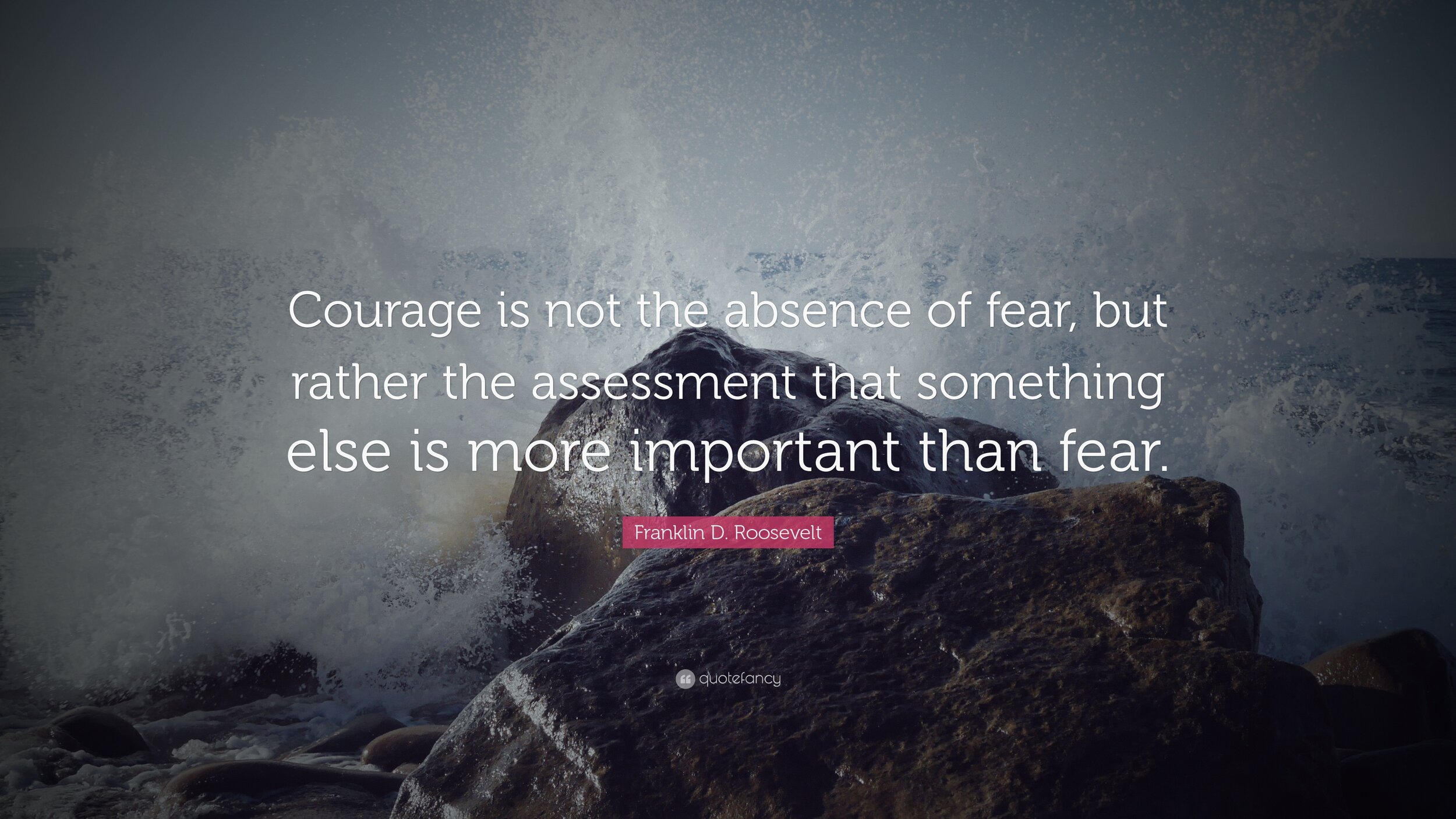
Courage is Not the Absence of Fear
I love this quote by FDR, not just as a general tip applicable to many facets of life, but because for OCD sufferers specifically, it neatly and succinctly summarizes the right attitude you need to be taking when learning how to recover from OCD.
OCD, at its core, is a mental disorder that preys upon our fears. People often think that the compulsions (checking, rumination, etc…) are the cause of OCD, but these are merely the symptoms. The root causes of OCD are the obsessions and fears that are driving us to perform those compulsions. For example, someone who is terrified of getting sick or catching a disease may compulsively wash their hands. Someone who is afraid of burning their house down may compulsively check that the stove is off. Someone who is afraid that they may have accidentally hit someone on their last car ride may compulsively check for dents or bloodstains on their car, or scan the news to ensure there hadn’t been a vehicular homicide in their area. OCD feeds off of our fears.
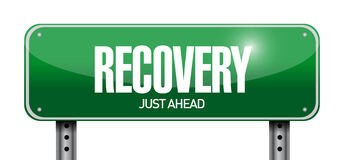
OCD Recovery vs. Managing Symptoms
This week’s blog post was prompted by an interesting discussion I had last week with someone on the topic of OCD recovery, and on a wider level, I also think this is a common question that deserves its own blog post. The question being: is there a “cure” for OCD? Can you even fully recover from OCD, or can you really only “manage” it?
My short answer is that there is no cure, but full recovery is most definitely possible!
That might seem contradictory, so let me explain. When people think of a “cure” for something, they are typically imagining like a pill or remedy that can 100% fix a health problem. For example, in the United States, Polio has essentially been wiped out via vaccines, and syphilis has also been effectively eliminated via the use of the antibiotic penicillin. These are just a couple of examples of diseases or illnesses that we have devised “cures” for, in the sense that once we take the cure, we no longer suffer from the disease or are essentially inoculated against it from occurring.
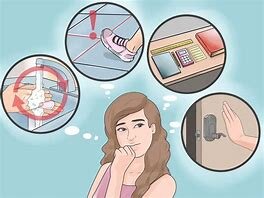
Avoid Turning ERP Into a Compulsion
For this week’s blog post, I wanted to write about a good recovery lesson that I learned towards the tail-end of my recovery process. If you’ve been reading my blog regularly, you’ll know how much I harp on Exposure Response Prevention (ERP) as being absolutely necessary for facilitating your OCD recovery - it is often regarded as the Gold Standard for OCD treatment for a good reason! When implemented properly and executed consistently, ERP absolutely will work.
When you’re first starting out with practicing ERP, common exercises will include things such as exposing yourself to your triggers and purposefully preventing the response. So for example, if you have an obsessive fear of contamination and compulsively wash your hands to negate that fear, you might do something such as touching a contaminated surface and then steadfastly refusing to wash your hands. That’s a very common and simple example of an ERP exercise, and it works extremely well by breaking the OCD cycle which I explain here.
As you get farther along in recovery and get comfortable tackling bigger and more stressful exposures, it’s easy to get wrapped up in the desire to seek out new exposure opportunities in order to practice ERP and improve your mental health and fitness. And that’s great - but it can also be a double-edged sword. This was something in particular that I began to realize as I felt more and more confident in my recovery - I had such a burning desire to be free from OCD that I would purposefully seek out or create OCD exposures to practice response prevention. So as an example, I would purposefully think terrible thoughts in my mind as a way to “prove” that I wasn’t affected by them.

Mindfulness
If you’ve been a regular reader of my blog, you’ve probably noticed that along with things like Exposure Response Prevention (ERP) and Acceptance Commitment Therapy (ACT), I like to also promote Mindfulness as a good way to help facilitate OCD recovery. But what exactly is mindfulness?
According to Wikipedia:
Mindfulness is the practice of purposely bringing one's attention to experiences occurring in the present moment without judgment, a skill one develops through meditation or other training.
I think this is a great high level summary of what mindfulness is. It’s a practice, a habit, a skill, and a mindset all wrapped up in one. If ERP and ACT are cognitive behavioral therapy frameworks, then I would say that mindfulness is a skill that can be applied to either or both approaches, because fundamentally the act of mindfulness strongly correlates to key principles in both ERP and ACT.
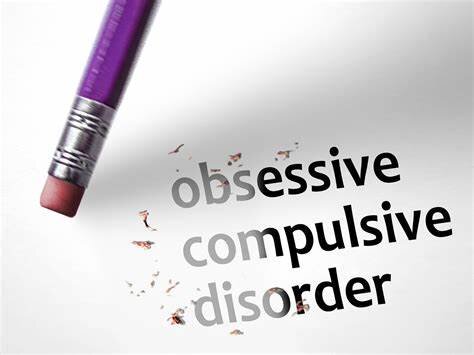
General OCD Recovery Tips
For this week’s blog post, I was reflecting on some general advice and guidance that I had learned (or was taught to me) during my own recovery journey, and which might be useful to share with readers of my blog who are struggling with OCD.
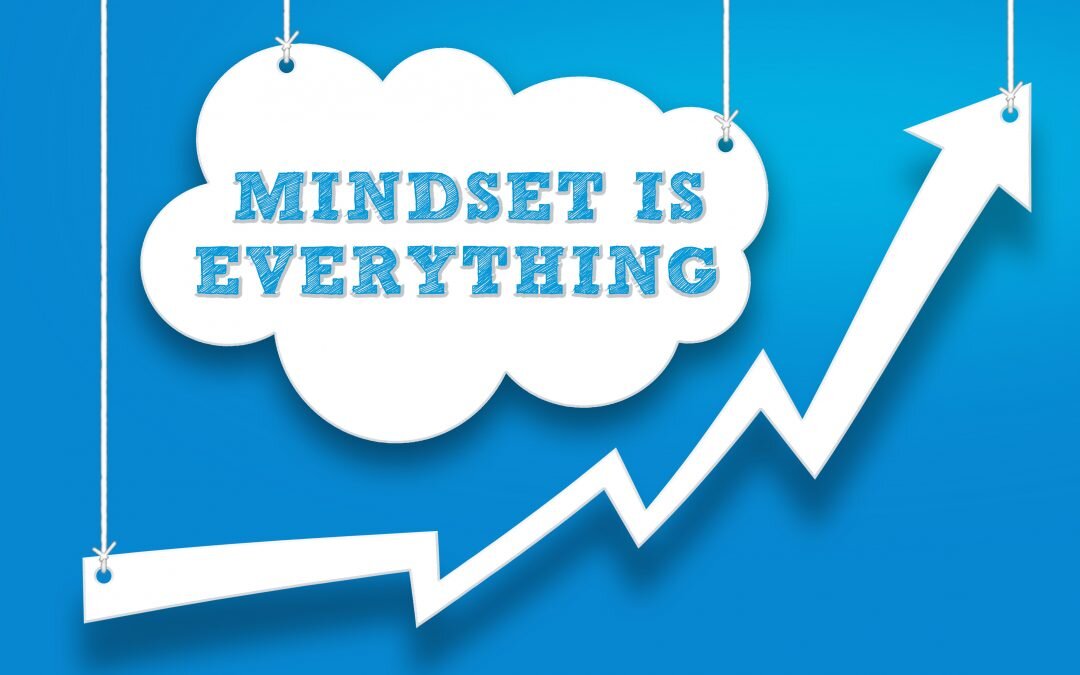
Do I still get Intrusive Thoughts? (What does Recovery look like?)
Something that I get asked relatively frequently is: “do you still get intrusive thoughts or anxiety once you’ve recovered from OCD? What does recovery even mean? Is that even possible?”
It’s a great question, and I also think it deserves a nuanced answer. OCD is such a complex mental disorder that it’s difficult to set one standard of recovery for everyone, because every person has different obsessions, compulsions, and mindsets. For something like the flu, it’s very easy to understand if you are recovered or not. It’s a black and white answer: either you have the flu or you don’t. But it’s much trickier to say this for OCD.
My high level definition of OCD recovery means having the knowledge, skills, and mindset you need to handle any uncertainty, thought, or feeling that may pop up in every day life. Note that I did NOT say OCD recovery means "never" getting anxious, or “never” getting intrusive thoughts. Indeed, I think that is a fundamental fallacy that many people who are beginning their OCD recovery journeys fall for. You might say: “I hate these intrusive thoughts! I can’t stand the sense of anxiety I get from them. I can’t tolerate uncertainty. I want to recover from OCD so that I never get these thoughts and feelings ever again!”

Five Harry Potter Quotes I Love
As someone who grew up addicted to the Harry Potter series by J.K. Rowling, the books hold a special place in my heart. They’re great novels and something comforting and nostalgic that I can fall back to, but as I’ve grown older, I’ve begun to appreciate the heavier and more adult themes that Rowling introduced in the later novels in her series. The first few books were quite whimsical and innocent, still filled with the magic of a new world to explore and characters who were still growing up. In contrast, the later books ended up digging into some heavy themes: death, loss, uncertainty, and fear - all things that the main characters experienced as they transitioned from childhood into young adulthood, and something that I (as well as I’m sure many of my blog readers) can empathize with.
Although some people may regard the Harry Potter series as childish, I actually find that there are some great pearls of wisdom contained in its pages that are applicable to anyone of any age. And, as I’ve gone through my OCD recovery journey, I found myself drawing some parallels to the struggles and tribulations that Harry went through in the books as well. I thought it would be a useful (and fun!) blog post to write about some of my favorite Harry Potter quotes, and how they can apply to OCD recovery.
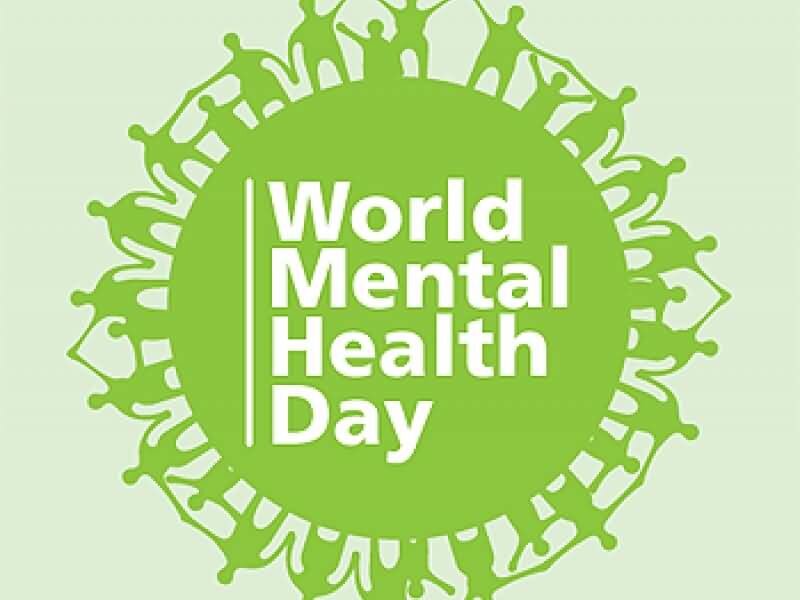
World Mental Health Day 2020
Today (October 10, 2020) is World Mental Health Day - a day dedicated to raising awareness and education around the globe for mental illness, and for promoting advocacy for those suffering from any form of mental disorder whether it be OCD, anxiety, depression, or anything else. You are not alone.
Since this is an OCD-focused blog, I wanted to hone in on Obsessive Compulsive Disorder. According to these statistics from the Anxiety and Depression Association of America, OCD affects about “2.2 million adults, or 1.0% of the U.S. population.” That may seem like quite a large number, but when compared to other more common disorders such as PTSD (est. 7.7 million US adults) or Depression (est. 16 million people), OCD is actually a fairly niche topic - which makes it that much harder to diagnose and treat.
Indeed, my experience is that many people suffering from OCD aren’t even aware they have it, and that many therapists and psychologists who are otherwise qualified to treat generalized anxiety disorders struggle to diagnose and treat OCD. This isn’t helped by the fact that OCD, whenever it is portrayed in mass media or popular culture, often gets stereotyped as a disorder that makes someone obsess about cleanliness and order… which only confuses people who suffer from OCD but don’t have the stereotypical compulsions around cleaning or hand washing.
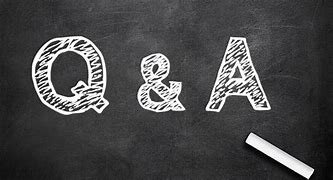
September Q&A
Earlier in September I had made a post requesting any questions or thoughts (via my blog or through other social media that I’m active on) that I could help answer in a dedicated Q&A topic. I’d like to make this a regular part of my blog - perhaps a monthly feature - where I can aggregate some of the queries that I’ve received from readers and provide my thoughts/advice on them.
Here are some of the questions that I’ve received from readers during the month of September - the people are anonymized for privacy, but my intent with publishing these to my blog is to underscore:
How many people struggle with OCD, and often with various different types of fears and triggers
Helpful tips and advice that can be applied not just to the person asking the question, but for general readers of my blog as well
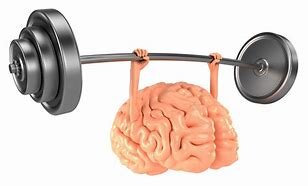
Mental Fitness is like Physical Fitness
Training your mental health and fitness is basically the same as training your physical health and fitness.
What do I mean by that? Let me explain. I think that most people, even those who aren’t necessarily gym-goers or athletes, can fundamentally understand the basics of training and improving your physical fitness. People go to the gym and lift weights, and if you do this consistently, you gradually build up the amount of weight that you can lift. Or with running - people start out running and can barely make it half a mile before being out of breath. But if they follow a training plan and run consistently, they might be able to run a full marathon (26.2 miles) in a year or two! It’s very easy and intuitive to understand how you can improve your physical health and fitness - all it boils down to is consistent training and quality workouts.
So, how does this tie back to mental health, and more importantly, OCD recovery? A common theme that I see with OCD sufferers (and something which I experienced myself, going through recovery) is that they are afraid to improve their mental fitness. They are used to, and comfortable with, doing the compulsions, ruminations, and being afraid of their intrusive thoughts. All of this is only strengthening OCD’s hold on you and degrading your mental health - it’s basically the equivalent of letting your brain sit on the couch all day eating nachos. What you need to be doing instead is improving your mental fitness through ERP exercises - refusing to do compulsions, refusing to ruminate on your obsessions or trying to figure out “what if” scenarios, and refusing to let feelings of anxiety/uncertainty/fear/etc… control your life.

Know Your Enemy
“If you know the enemy and know yourself, you need not fear the result of a hundred battles.” - Sun Tzu
The first step to beating OCD is understanding how and why it works.
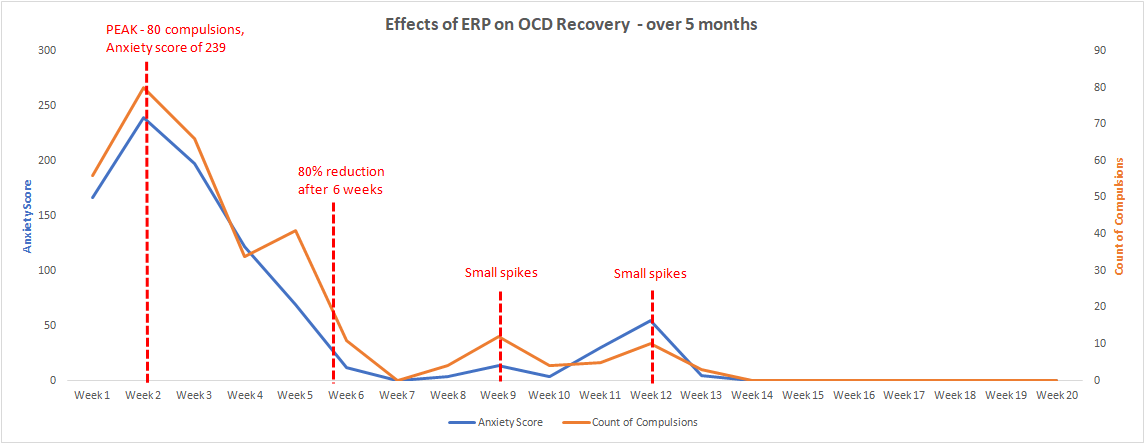
Graphing my OCD Recovery with Data
One question that I often see from OCD sufferers is: “How long will it take me to recover? What does the journey to OCD recovery look like?” So I thought that it would be helpful for readers of my blog to explain my own OCD recovery journey, the process, and some of my key learnings on the way.
I am a data junkie. I process and analyze lots of data as part of my day job. When I’m training for marathons, I analyze information about my heart rate and mile splits. So a more data-driven approach to OCD recovery felt natural to me, because I could hold myself accountable to actual results, and also be able to understand any underlying trends or patterns about how my progress was going.
Before going further - I want to set the disclaimer that this was my own recovery journey, and what worked for me personally. Even if the underlying principles of OCD recovery (e.g. ERP) are the same for everyone, your own personal recovery journey might look different. Some exceptional people might recover in 1 or 2 months of dedicated ERP. Some people may take longer. As you can see from my chart below, it took me approximately 5 months. I say this because I don’t want to discourage anyone if they feel like they are making progress too slowly - OCD recovery can and will differ from person to person. If someone says, “I recovered in a month!” and you’ve been struggling with ERP for a year, don’t assume that you are doing something wrong or feel discouraged. OCD recovery is highly personal to each individual and you shouldn’t benchmark your own progress against someone else’s. No matter what, you should trust in the process and trust that a dedicated CBT regimen like ERP or ACT will help you recover, no matter how long it takes.
September Q&A
One thing that I was thinking might be helpful for readers of my blog is to make a monthly Q&A post, where readers can post a question (either in the comments section, or emailing me directly at eric@livingwithocd.net) and I can reply back with my thoughts.
Questions can be anything related to OCD, advice on going through recovery, etc… I will do my best to provide answers, but without providing reassurance, which ultimately just undermines OCD recovery.
Since the blog just started, not sure if I’ll get many (if any) questions this month - but if so, feel free to send them to me and I’ll likely make a separate post of common Q&As, or just reply to you directly.
Hope everyone is having a great start to their week so far - wishing you happiness this Tuesday!
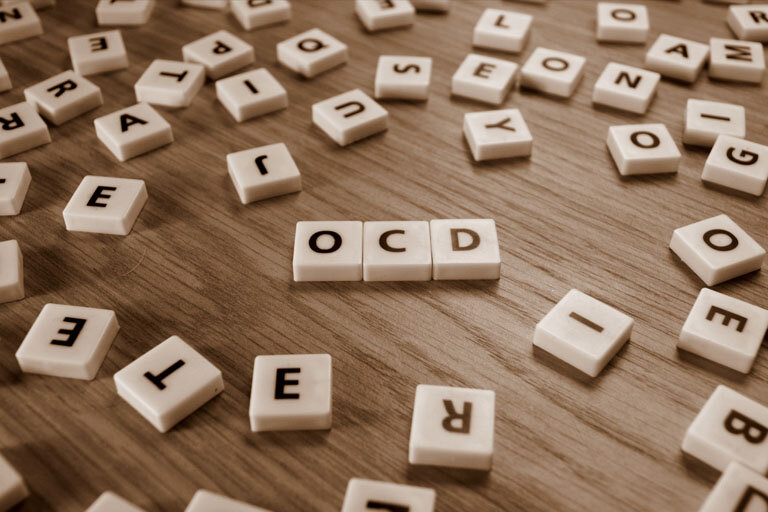
My Recovery Journey and Why I’m Writing this Blog
I’ve suffered from Obsessive Compulsive Disorder (OCD) for most of my life (thirty years), although I didn’t always realize that my compulsive habits, mental tics, and constant feelings of anxiety were actually caused by OCD. In fact, as I suspect is the case for many OCD sufferers, I thought I couldn’t possibly have OCD, because I didn’t obsessively clean my kitchen or re-arrange the pens on my desk, like how it is often portrayed in social media and pop culture.
All I knew was that something was wrong with me - I had horrible, disgusting intrusive thoughts almost 24/7, starting in my late teens and lasting well into adulthood. I would feel compelled to do specific activities a certain number of times in order to prevent some horrible catastrophe from occurring in the future, or constantly ask myself why I had such evil thoughts and mental images and if that meant that I, too, was an evil person who did not deserve happiness or love. I did have some physical compulsions (checking doors and locks, re-reading emails at work) but most of my compulsions were mental - things like constantly ruminating about past events, wondering if I had said something offensive to someone at some point, or being terrified of having random sacrilegious or blasphemous thoughts pop up in my head, amongst other fears. As a result of my compulsions being primarily mental, I was able to hide my condition quite well from friends, family, and coworkers - indeed, if you told any of them that I spent the better part of the past ten years wracked in constant anxiety and depression, they would be incredibly surprised. I was able to function as a human in every day normal life - but my mind was a constant battlefield with me warring against the demons in my head.